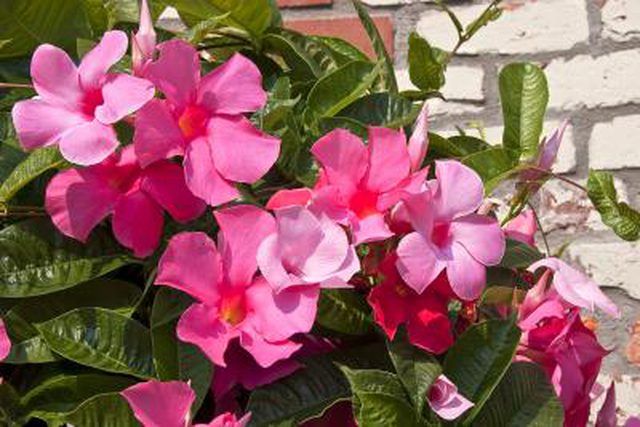Bulbs
Flower Basics
Flower Beds & Specialty Gardens
Flower Garden
Garden Furniture
Garden Gnomes
Garden Seeds
Garden Sheds
Garden Statues
Garden Tools & Supplies
Gardening Basics
Green & Organic
Groundcovers & Vines
Growing Annuals
Growing Basil
Growing Beans
Growing Berries
Growing Blueberries
Growing Cactus
Growing Corn
Growing Cotton
Growing Edibles
Growing Flowers
Growing Garlic
Growing Grapes
Growing Grass
Growing Herbs
Growing Jasmine
Growing Mint
Growing Mushrooms
Orchids
Growing Peanuts
Growing Perennials
Growing Plants
Growing Rosemary
Growing Roses
Growing Strawberries
Growing Sunflowers
Growing Thyme
Growing Tomatoes
Growing Tulips
Growing Vegetables
Herb Basics
Herb Garden
Indoor Growing
Landscaping Basics
Landscaping Patios
Landscaping Plants
Landscaping Shrubs
Landscaping Trees
Landscaping Walks & Pathways
Lawn Basics
Lawn Maintenance
Lawn Mowers
Lawn Ornaments
Lawn Planting
Lawn Tools
Outdoor Growing
Overall Landscape Planning
Pests, Weeds & Problems
Plant Basics
Rock Garden
Rose Garden
Shrubs
Soil
Specialty Gardens
Trees
Vegetable Garden
Yard Maintenance
Are Mandevilla Flowers Toxic?
Are Mandevilla Flowers Toxic?. Mandevilla vines (Mandevilla spp.) produce bright trumpet-shaped flowers in a variety of colors. While the beautiful blooms may add a pop of color to your garden, they are considered mildly toxic if eaten either by people or pets.

Mandevilla vines (Mandevilla spp.) produce bright trumpet-shaped flowers in a variety of colors. While the beautiful blooms may add a pop of color to your garden, they are considered mildly toxic if eaten either by people or pets.
Don't Eat Mandevilla Flowers
Mandevilla vines grow in the warm climates of U.S. Department of Agriculture plant hardiness zones 9 through 11. The somewhat drought-tolerant vines are in the Apocynaceae, or dogbane, family. Members of the dogbane family are all toxic, in varying degrees, to people and animals. All parts of the vines, including the flowers, are considered mildly toxic if eaten. You might experience symptoms like mild indigestion if you eat mandevilla flowers.
Handle Mandevilla Flowers with Caution
Mandevillas produce a milky sap containing an unknown toxin that can irritate your skin. You'll only encounter the sap when trimming the plant or if you bruise any parts of it, so wear gloves to avoid touching the sap. Stop the flow of this irritating latex sap with a powdered rooting hormone when replanting cuttings from a mandevilla, which will also encourage your new plants to flourish.